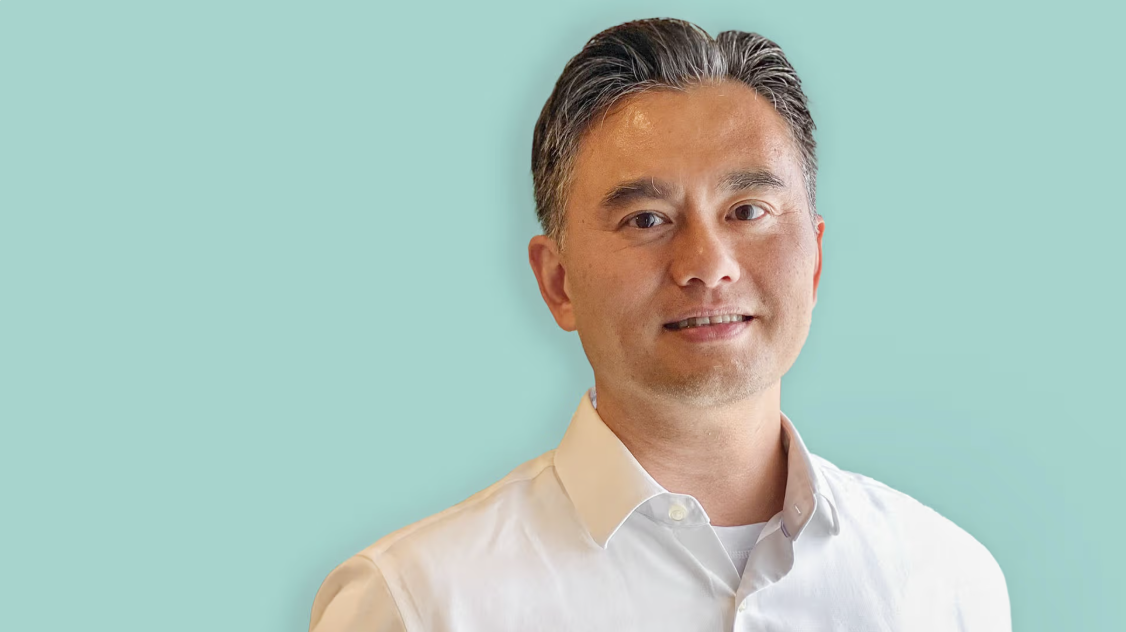Hong, currently the medical director of Lifeforce in Los Angeles, shared that he is free from chronic diseases and maintains three core daily habits to achieve this impressive result.
A biological age test conducted 18 months ago revealed that Hong's body is 11 years younger than his chronological age. He used the PhenoAge algorithm to measure nine biological indicators related to the aging process, including inflammation levels and metabolic health.
"Many age-related chronic diseases are directly linked to diet and weight. The key is to be proactive," Hong emphasized.
The first habit Hong maintains is a weekly combination of cardiovascular exercise and strength training. He explained that these two forms contribute to different aspects: cardiovascular training contributes to flexibility and heart health, while strength training helps build and maintain muscle and bone density.
For cardio, Hong enjoys running, hiking, and swimming in the summer, taking full advantage of the Southern California weather to exercise outdoors. He also uses weight machines in the gym for 45 minutes several times a week with the motto "get in and out quickly" rather than spending hours at a time.
Hong's "better than nothing" approach is supported by a 2023 study in the British Journal of Sports Medicine. The study, which analyzed data from over 30 million people, found that those who exercised an average of 2.5 hours per week had a lower risk of premature death, cardiovascular disease, and cancer compared to the less active group. Even exercising for just 1.25 hours—half the recommended amount—still provided significant benefits compared to inactivity.
 |
Doctor Kurt Hong, obesity and nutrition research specialist. Photo: Lifeforce |
Doctor Kurt Hong, obesity and nutrition research specialist. Photo: Lifeforce
The second habit is a daily vitamin D supplement. Hong is skeptical of using many heavily advertised supplements but affirms they are helpful for people with deficiencies or specific medical conditions. "I only use one," he said.
He chose vitamin D because test results showed low levels in his body and because of its role in supporting calcium absorption, an important substance for bone density, which begins to decline from the age of 35. Many biologists and longevity researchers also supplement with vitamin D due to its positive effects on bones, the immune system, and cancer risk reduction.
The final habit is challenging his mind for one to two hours each day. The doctor applies the principle: "The brain is like a muscle; if you don't use it, you lose it." During the week, his work provides enough mental stimulation, but on weekends he plays chess, tic-tac-toe with his children, or reads. Screen time does not count toward this activity.
While mental stimulation cannot stop the brain aging process, scientific evidence suggests it helps build resilience against Alzheimer's symptoms such as memory loss. This ability is called cognitive reserve, and studies show that those with higher cognitive reserves, built through mental activities, develop Alzheimer's later and experience fewer symptoms.
Hong follows a Mediterranean diet rich in fresh fruits and vegetables, considered by many experts to be the healthiest nutritional approach to prolonging life. He also maintains an active lifestyle to manage his weight at a reasonable level.
"The most important thing I tell my patients is that age is really just a number," he shared. According to him, your body may tell you you're 52, but you can absolutely act and feel like you're 35. "Of course, the opposite can also happen," he said.
Hoang Dung (According to Business Insider)












